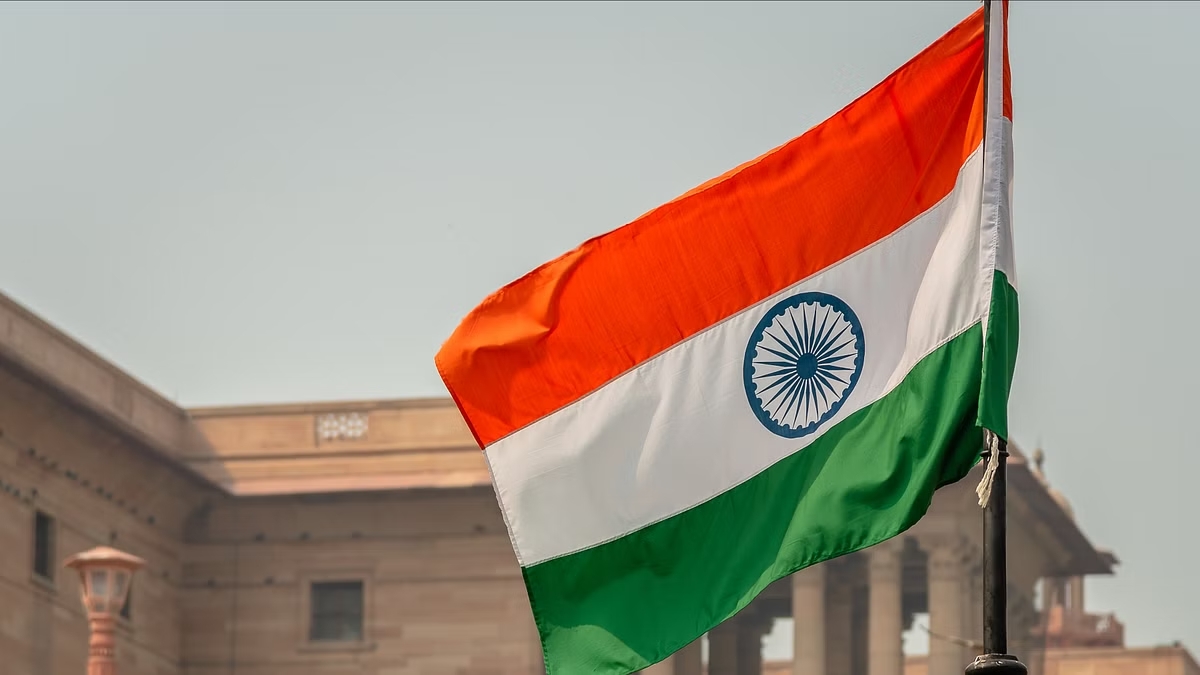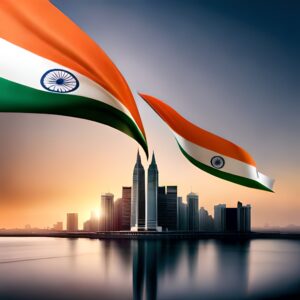Indian Independence Day, observed on August 15th every year, is a significant national holiday that commemorates India’s liberation from British colonial rule in 1947. This day holds immense importance in the hearts of every Indian, symbolizing the sacrifices made by countless freedom fighters and the nation’s enduring journey toward self-governance. The celebration of Indian Independence Day is a reflection of unity, patriotism, and the unbreakable spirit of a nation that fought relentlessly for its rights.
Historical Significance:
The historical significance of Indian Independence Day dates back to August 15, 1947, when India‘s first Prime Minister, Jawaharlal Nehru, hoisted the national flag on the Red Fort in Delhi. This act marked the end of a prolonged struggle against British colonial rule that had spanned decades. The day not only signifies the dawn of a new era of sovereignty but also pays homage to the countless lives lost and the relentless efforts put forth by leaders like Mahatma Gandhi, Subhas Chandra Bose, and many others.
-
The Historical Journey to Freedom:
Delving into the events that led to India’s liberation from British colonial rule on August 15, 1947.
-
Unity in Diversity:
Exploring how Indian Independence Day unites a diverse nation under the banner of patriotism.
-
Honoring the Sacrifices:
Recognizing the contributions of freedom fighters and their relentless struggle for India’s independence.
-
Modern Relevance:
Examining how the celebration of Indian Independence Day continues to inspire and shape the nation’s progress.
-
Educational Impact:
Discuss the role of educational institutions in educating the youth about India’s history and values.
-
Symbols of Patriotism:
Unveiling the role of the national flag, patriotic songs, and cultural programs in the celebrations.
-
Reflecting on the Present, Aspiring for the Future:
Discussing how Indian Independence Day prompts a balanced reflection on the nation’s journey and future aspirations.
Patriotic Celebrations:
Indian Independence Day is celebrated with fervor and enthusiasm across the nation. The national flag is hoisted in schools, colleges, government offices, and public places. The Prime Minister addresses the nation from the iconic Red Fort in Delhi, reflecting on the nation’s achievements, challenges, and the path ahead. Patriotic songs, cultural programs, and parades are organized, depicting the diversity and unity of India.
Unity in Diversity:
One of the remarkable aspects of Indian Independence Day is how it unites a nation that boasts diverse languages, cultures, and traditions. On this day, people from all walks of life come together as one, setting aside differences and embracing their common identity as Indians. The spirit of unity is exemplified in the harmonious coexistence of people from various backgrounds during the celebrations.
Educational Significance:
Indian Independence Day also holds educational significance. Schools and colleges often organize special events and activities that educate students about the country’s history, the sacrifices made by freedom fighters, and the importance of democratic values. This not only instills a sense of patriotism but also helps the younger generation understand the price of freedom and the responsibilities that come with it.
Reflection and Progress:
While Indian Independence Day is a time of celebration, it’s also an opportunity for introspection. It’s a day when the nation reflects on its progress, acknowledges its challenges, and reaffirms its commitment to growth and development. The day inspires citizens to contribute to the nation’s well-being through civic responsibility, community service, and constructive actions.
Conclusion:
Indian Independence Day is not just a date on the calendar; it’s a symbol of the indomitable spirit of a nation. It’s a reminder of the sacrifices of those who came before us and a celebration of the freedom and unity that define modern India. The significance of Indian Independence Day extends beyond mere rituals; it’s a call to honor the past, appreciate the present, and contribute to a promising future. As the tricolor flag flutters high in the sky, it serves as a reminder that freedom is a precious gift, worth cherishing, protecting, and celebrating.





